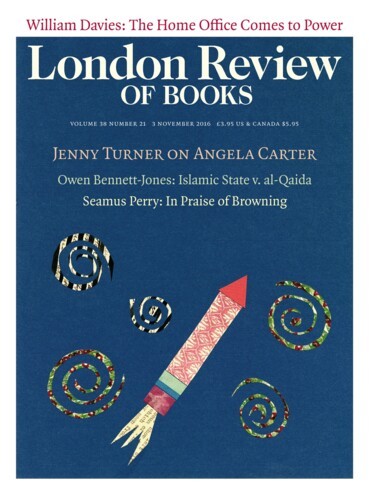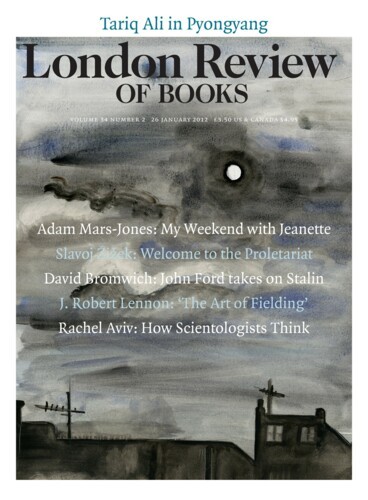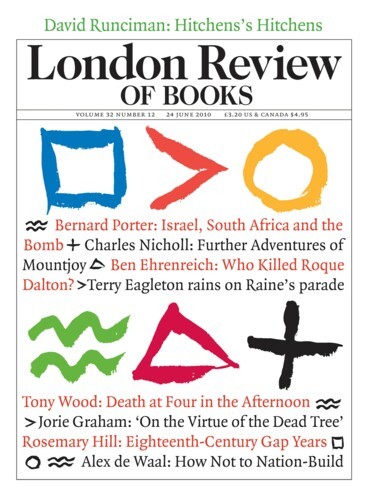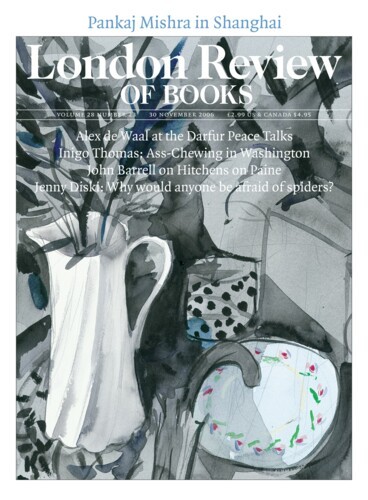The Nazis Used It, We Use It: Famine as a Weapon of War
Alex de Waal, 15 June 2017
In its primary use, the verb ‘to starve’ is transitive: it’s something people do to one another, like torture or murder. Mass starvation as a consequence of the weather has very nearly disappeared: today’s famines are all caused by political decisions, yet journalists still use the phrase ‘man-made famine’ as if such events were unusual. This year, it’s possible that four or five famines will occur simultaneously.





